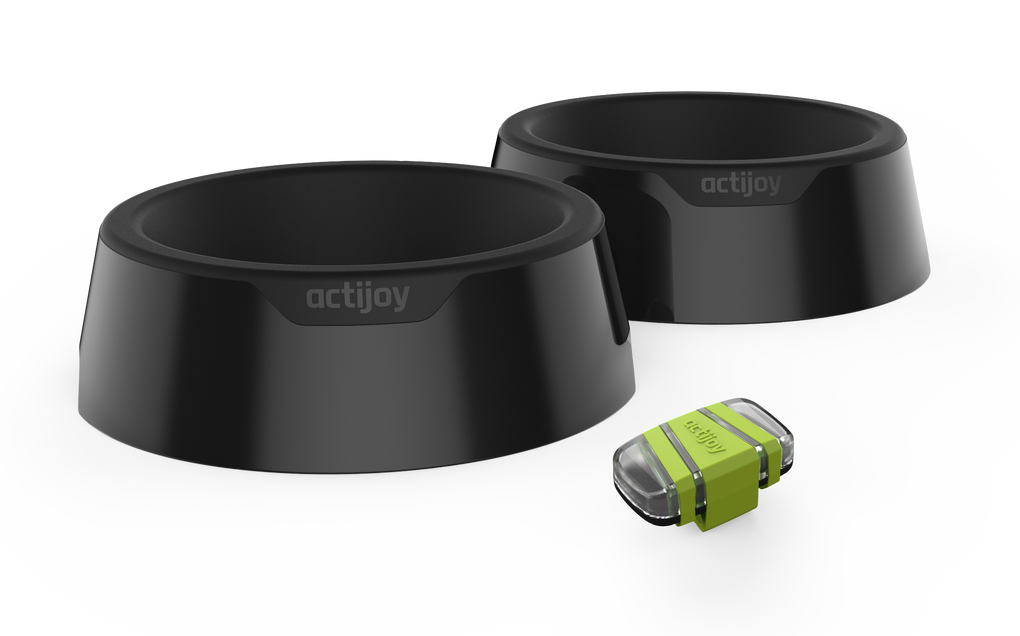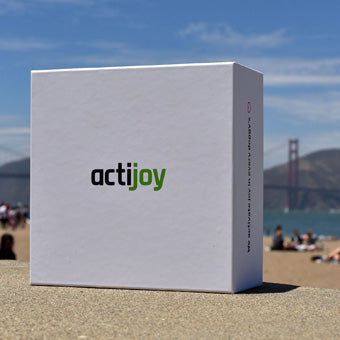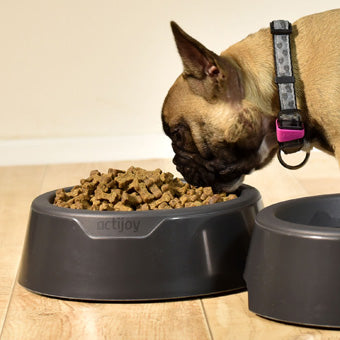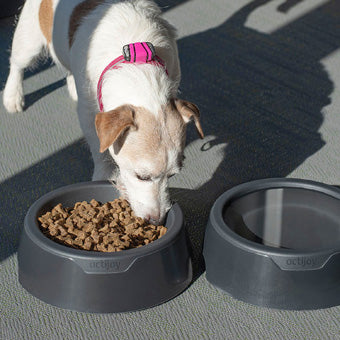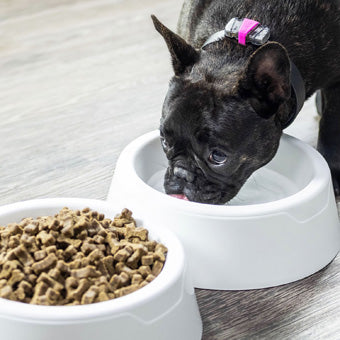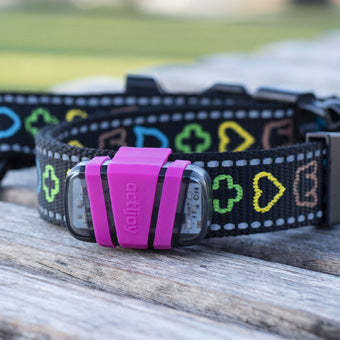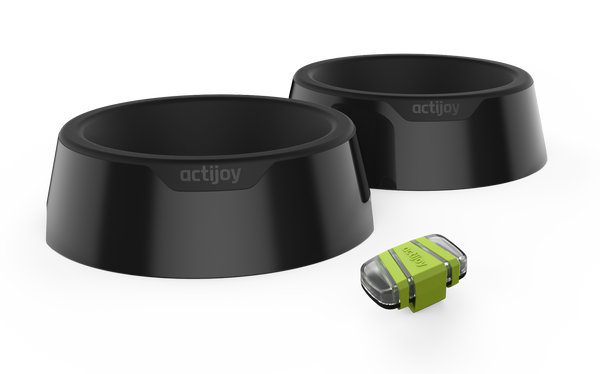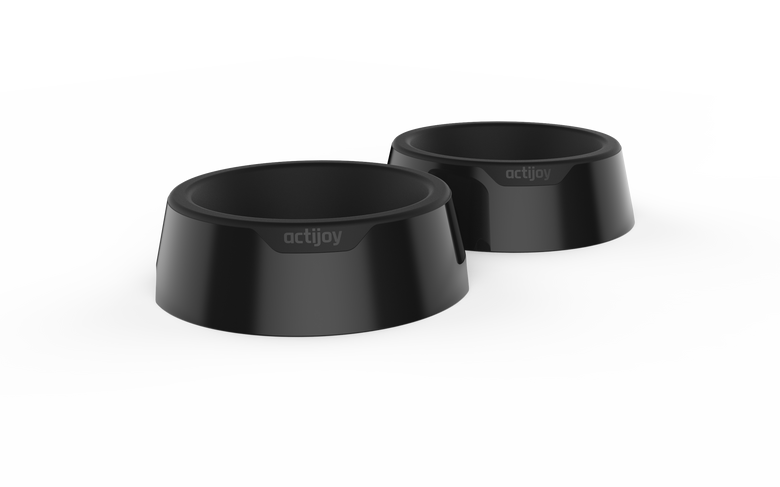How Many Calories Should a Dog Eat Per Day?
The general caloric requirements for dogs are discussed, as well as special considerations such as age and activity level.
Unlike humans, dogs can eat the same meal every day, twice a day, for their entire lives and never complain. In 2-3 small meals per day, all of their protein, fat, carbohydrate, vitamin, and mineral requirements are met. However, as easy as it is to feed dogs, it is even easier to overfeed dogs. Here, we will discuss how many calories per day a dog should consume.
General Caloric Requirement for Dogs
The general rule of thumb for how many calories should be consumed by an adult dog is 20 – 30 calories per pound of bodyweight, per day. Therefore, a 20 lb dog requires roughly 400 – 500 calories per day, while a 50 lb dog requires 1,000 – 1,500 calories per day.
Considerations when Determining Your Dog’s Caloric Needs
However, all dogs are different and an athletic dog, for instance, will require more calories than one who spends his or her time mostly on the couch. When estimating your dog’s needs you should consider the following:
Activity and Lifestyle
Even if you think you have an active dog, your pet may be spending more time sleeping than you realize, and vice-versa. You can track your dog’s activity and lifestyle with the Actijoy Buddy Pack, which includes a Health & Activity tracker that monitors your dog’s movements throughout the day.
Age
As dogs grow older their metabolisms slow down. A growing puppy can require 3x as many calories as a sedentary adult dog. A senior dog will require fewer calories than an adult dog. As dogs age, their portion sizes should be reduced, or they should be switched to a senior dog food formula with fewer calories.
Good Calories vs. Bad Calories for Dogs
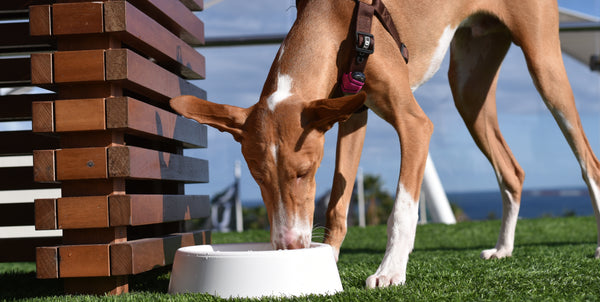
Since dogs have relatively low caloric needs they should avoid “empty” calories such as those found in food and treats containing high concentrations of filler ingredients. In general, dogs should not receive more than 10% of their daily caloric intake from treats. Dogs have low carbohydrate needs, so feeding them starchy foods that are high in carbohydrates can also be considered an “empty” source of calories.
Good calories are those that serve a nutritive purpose. For instance, high protein snacks or those that are high in antioxidants, vitamins, and minerals should be incorporated into your dog’s diet.
Restricting Calories for Weight Loss in Dogs
If your dog is overweight, it is important to restrict his or her caloric intake. Exercise alone cannot control your dog’s weight. To get a better idea of how much your dog is consuming, as well as his or her activity level, the Actijoy Buddy Pack is recommended as owners will be able to see a personalized snapshot of their dog’s eating and activity habits.
Join our newsletter to get expert advice and pawpular articles directly to your inbox.


